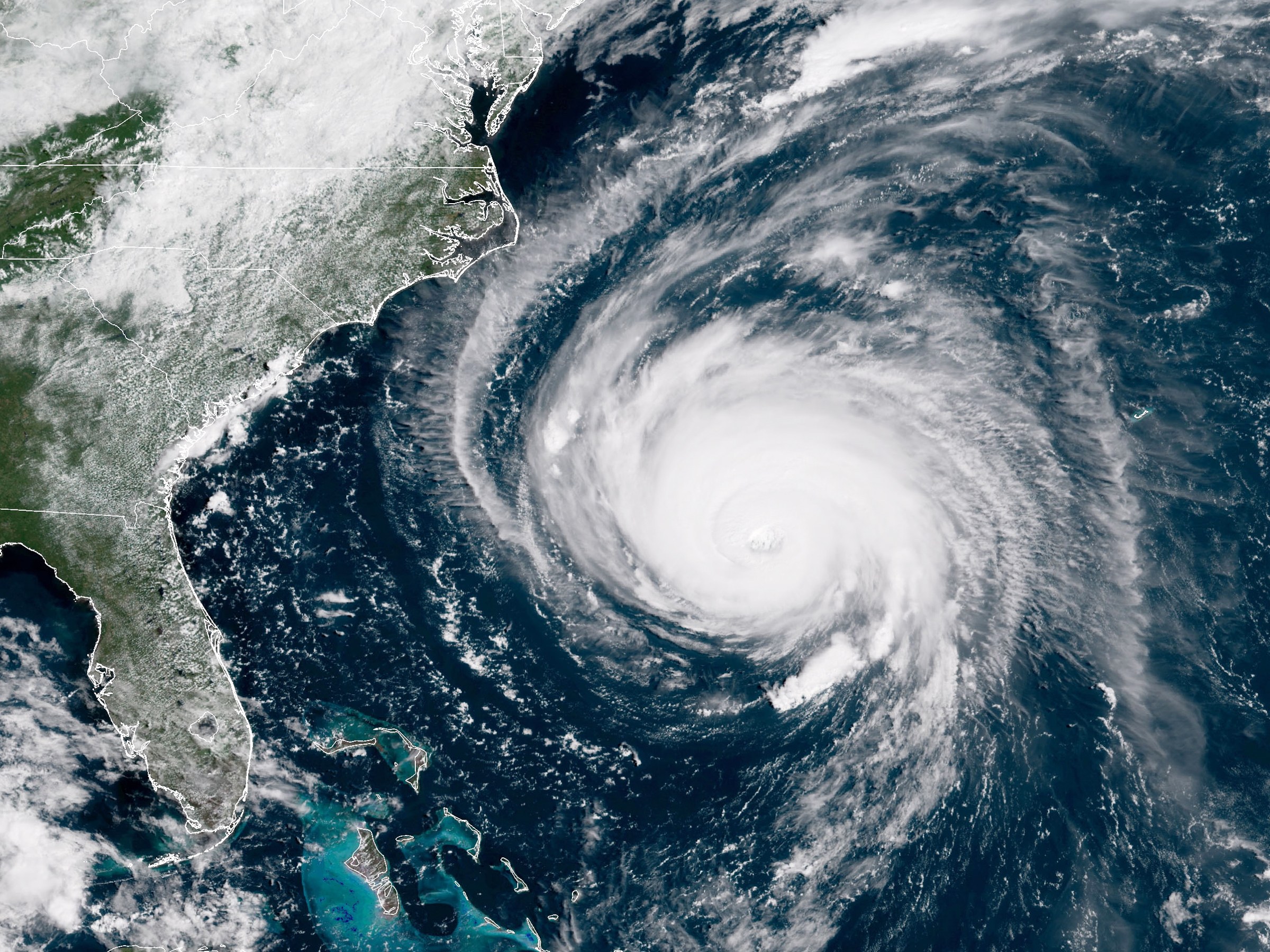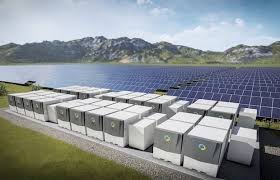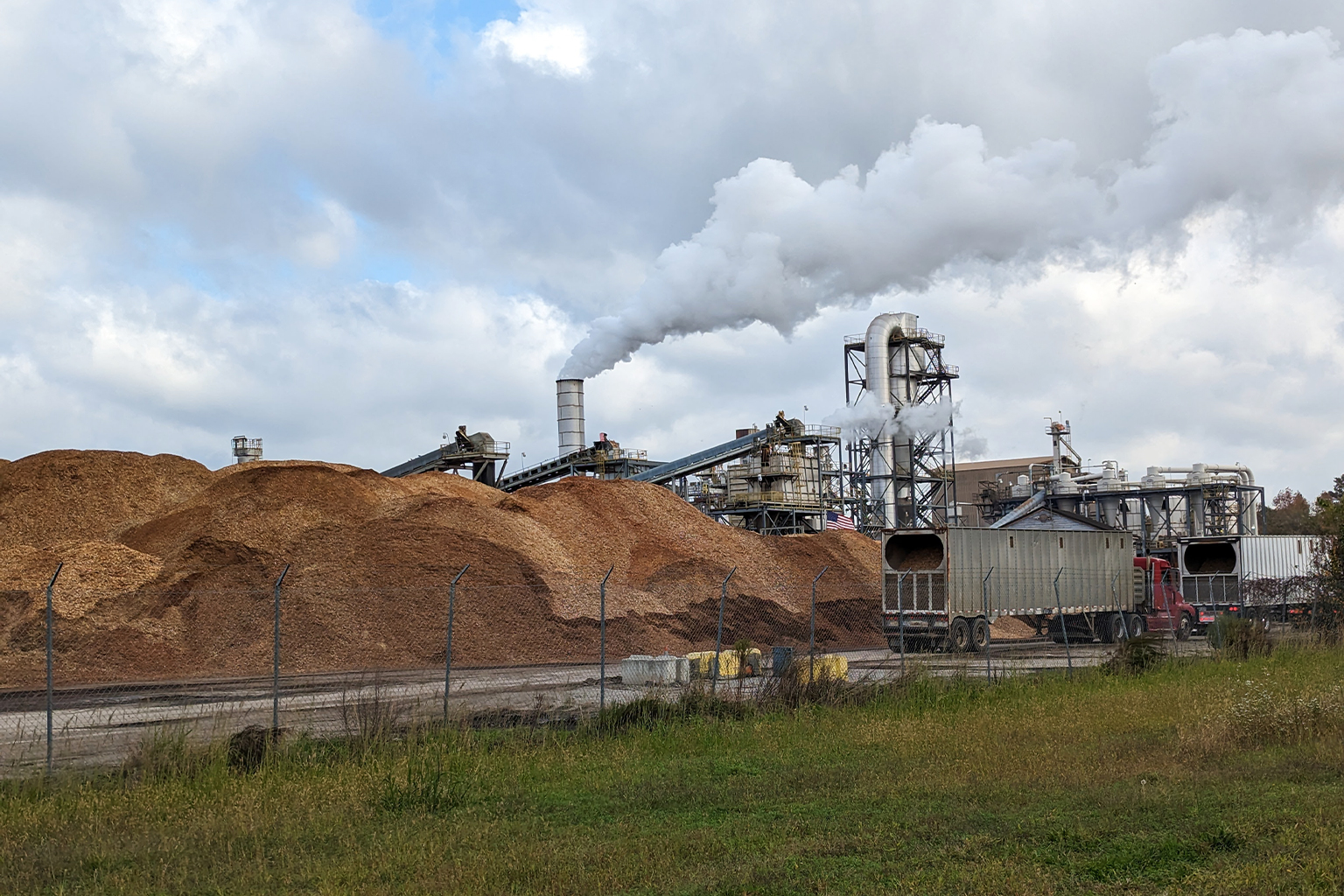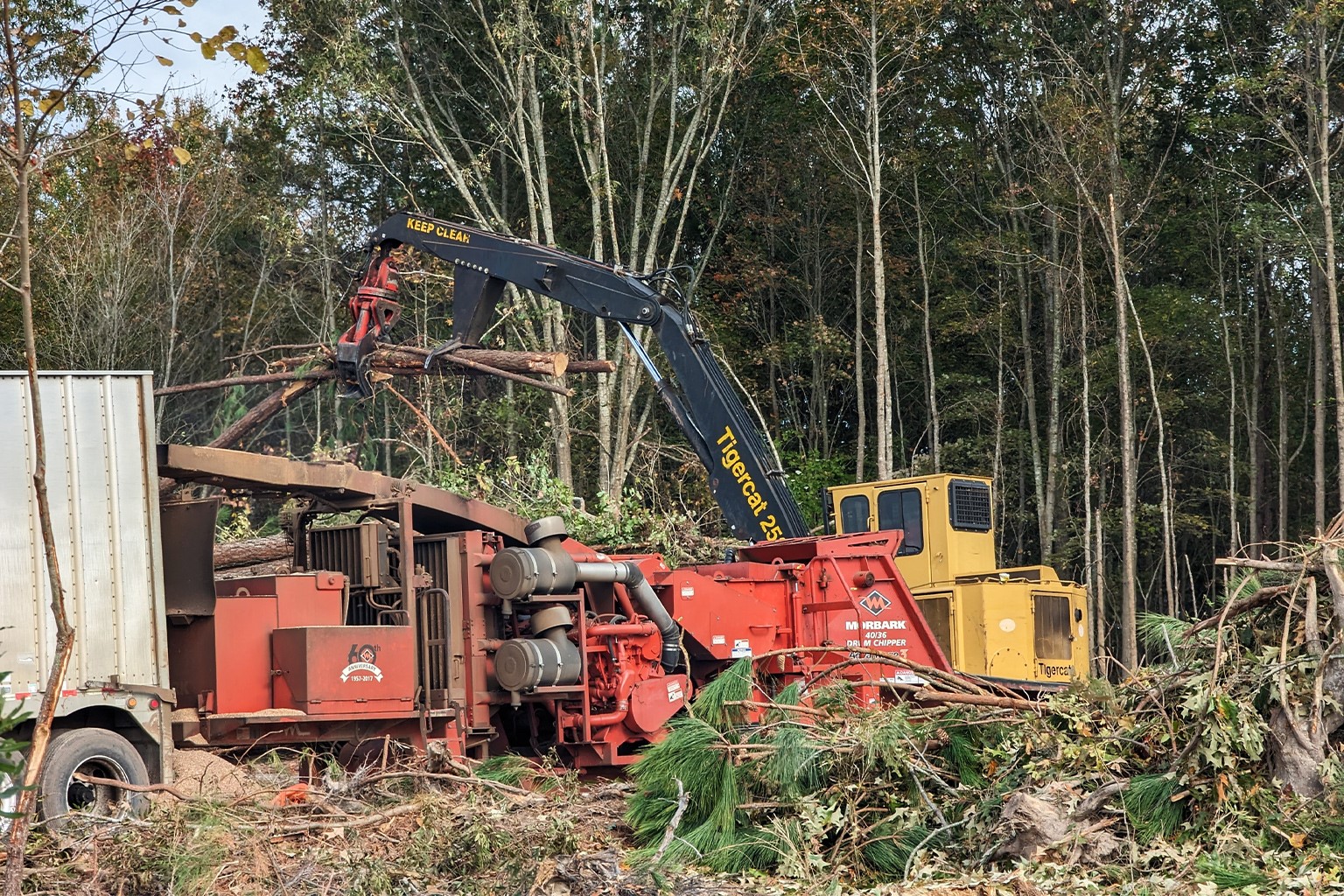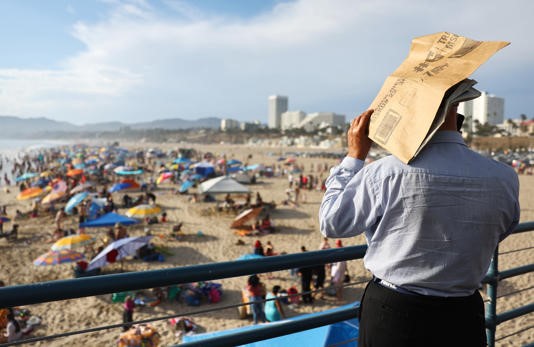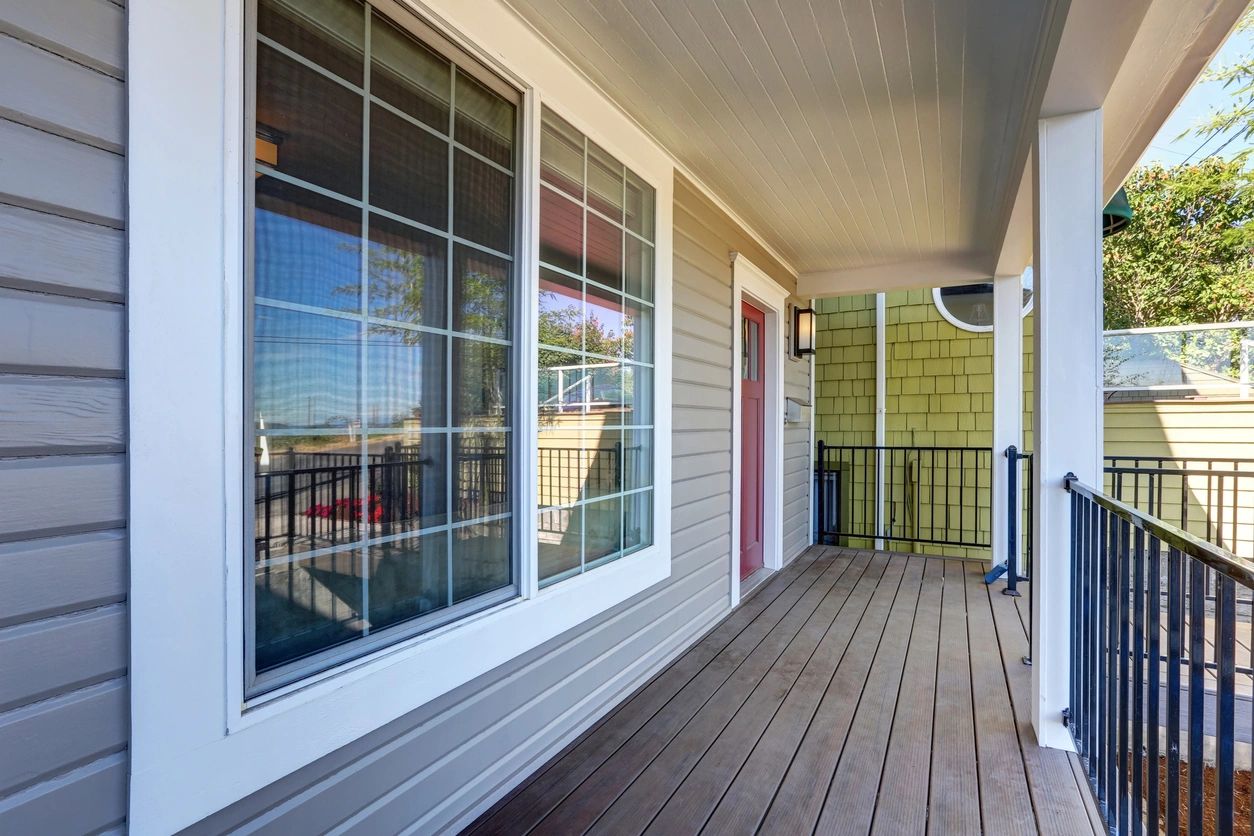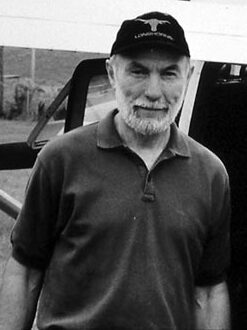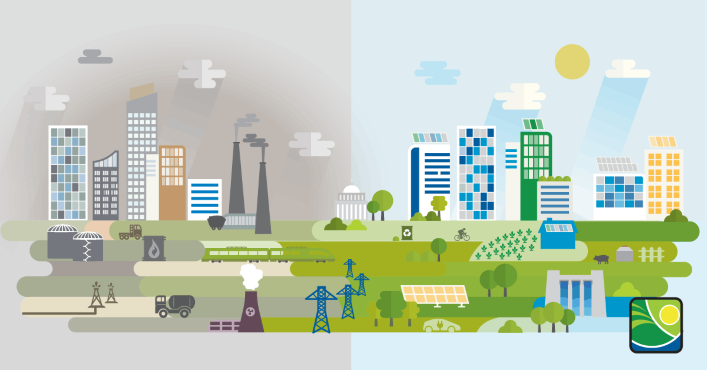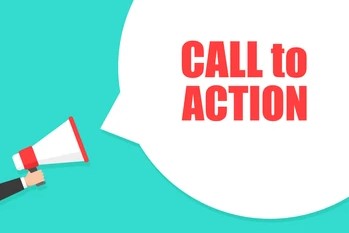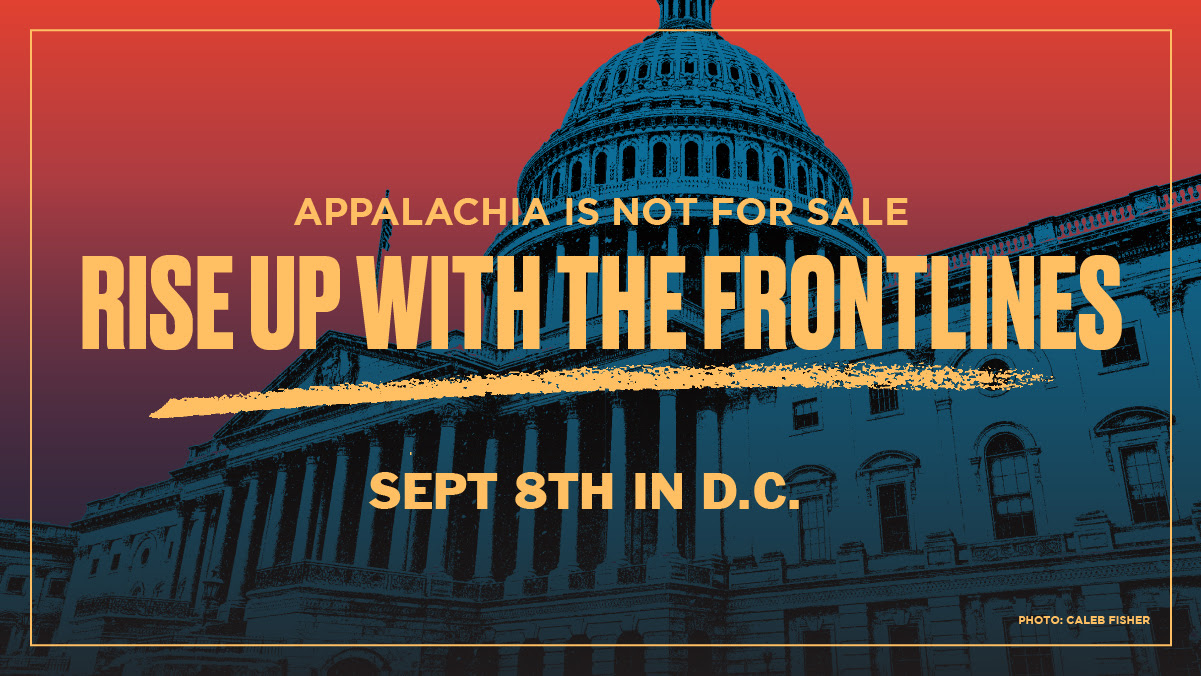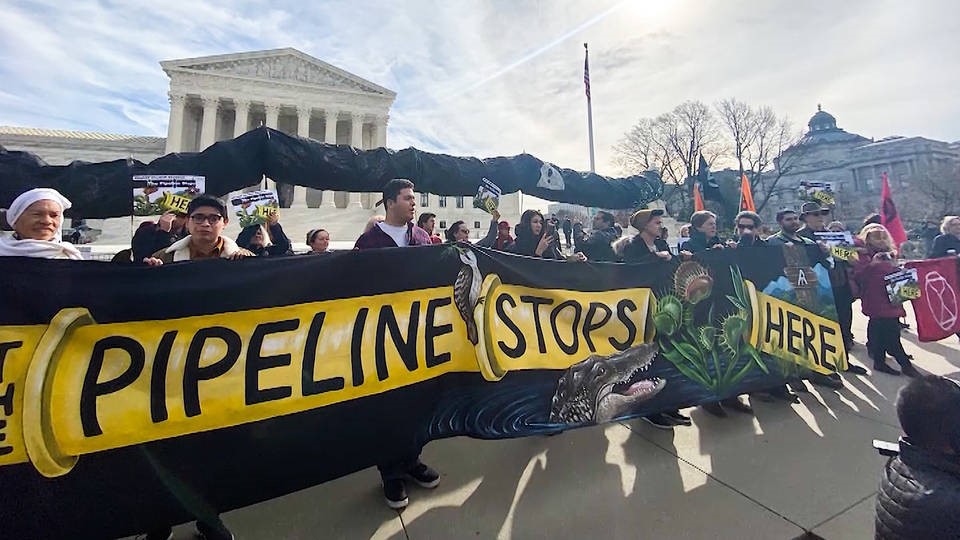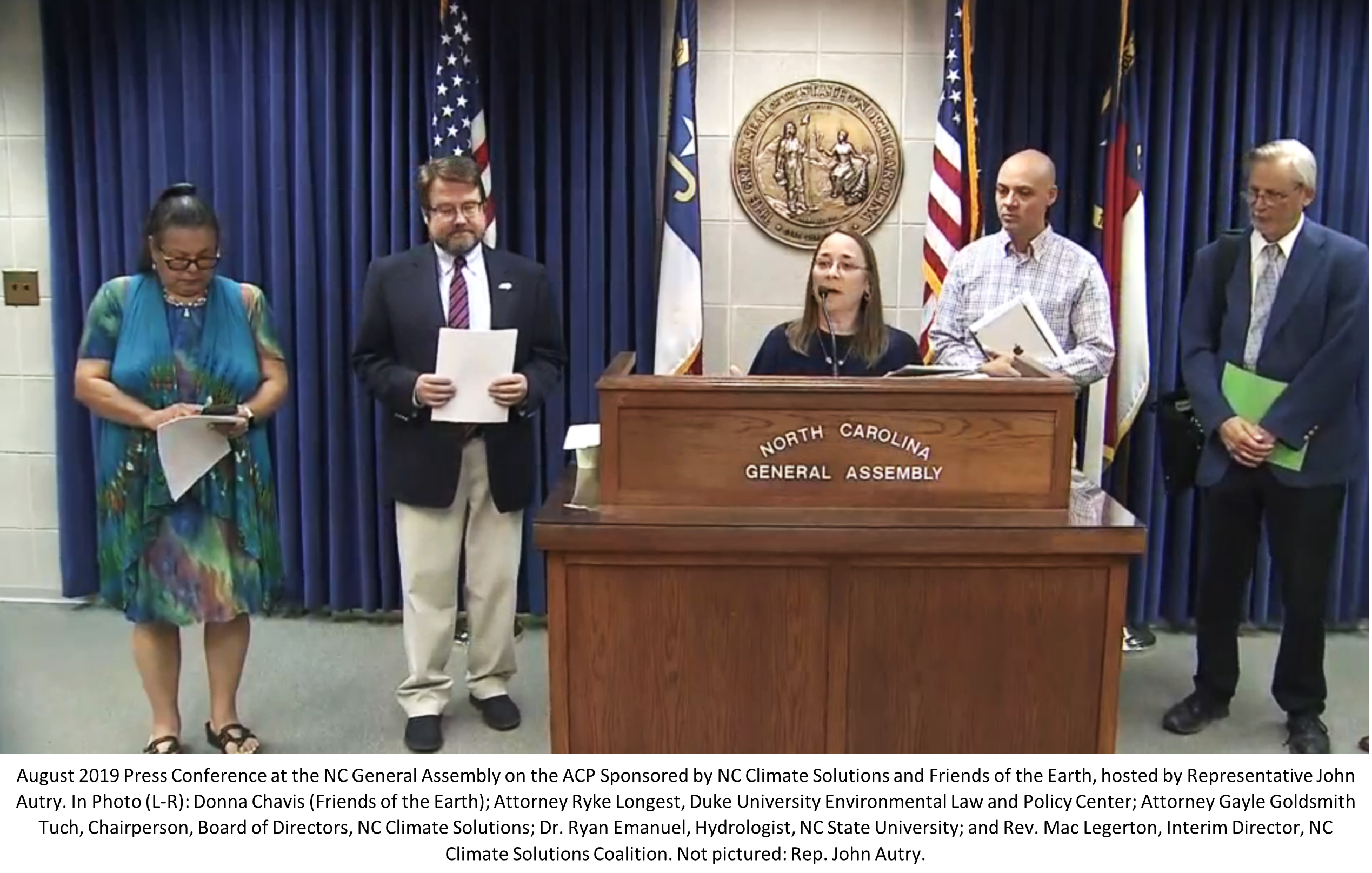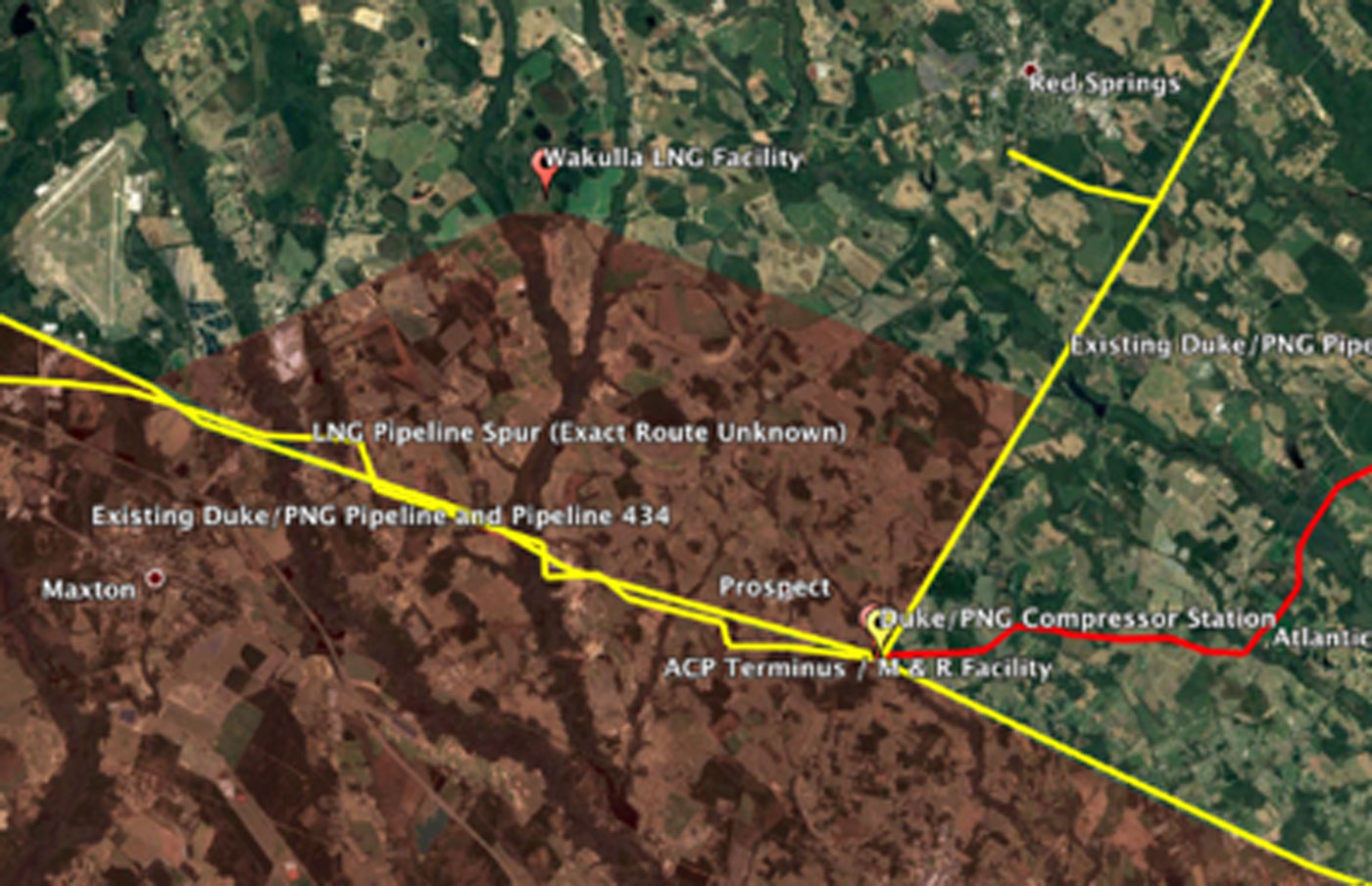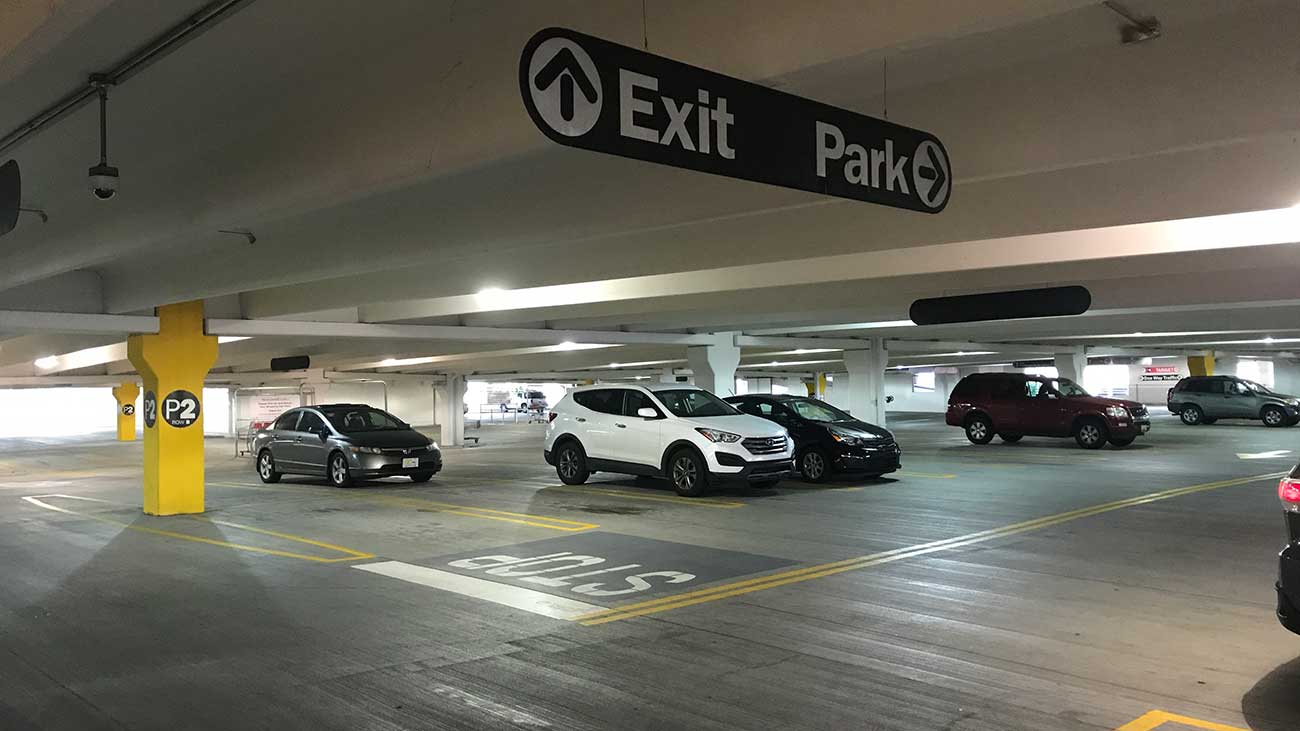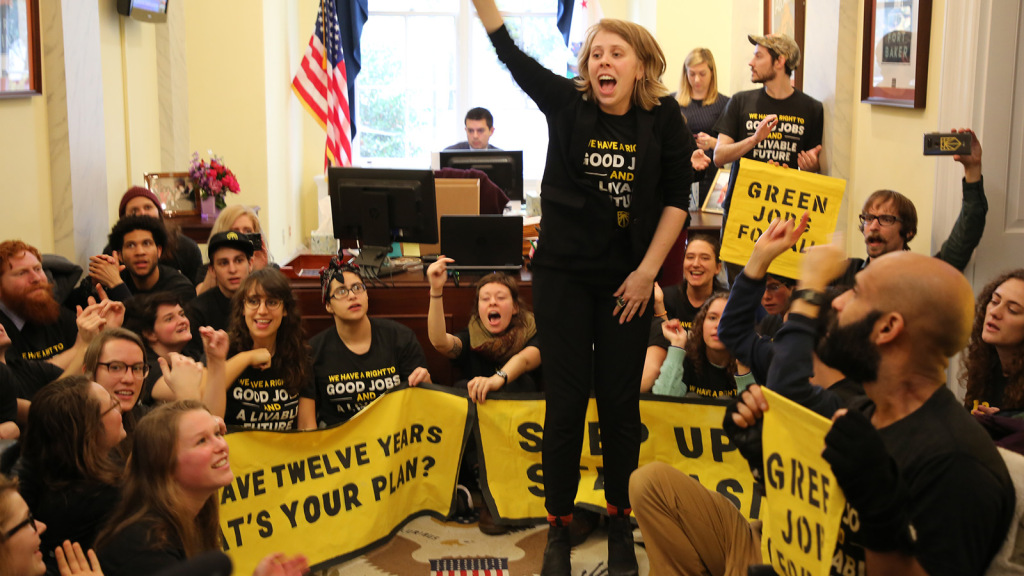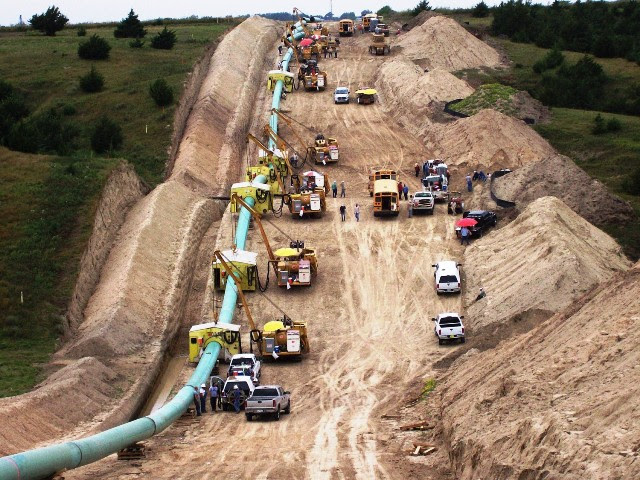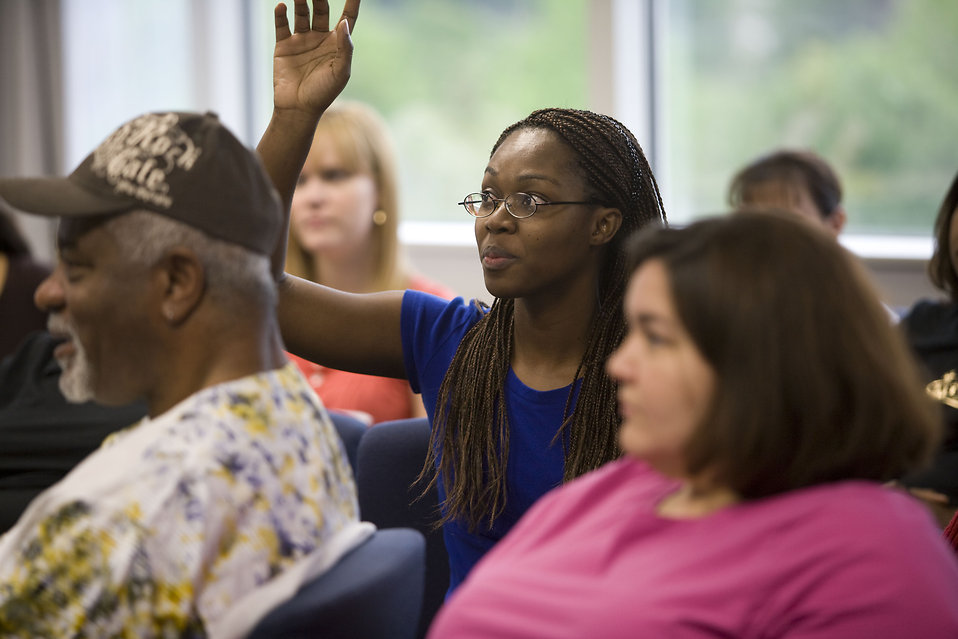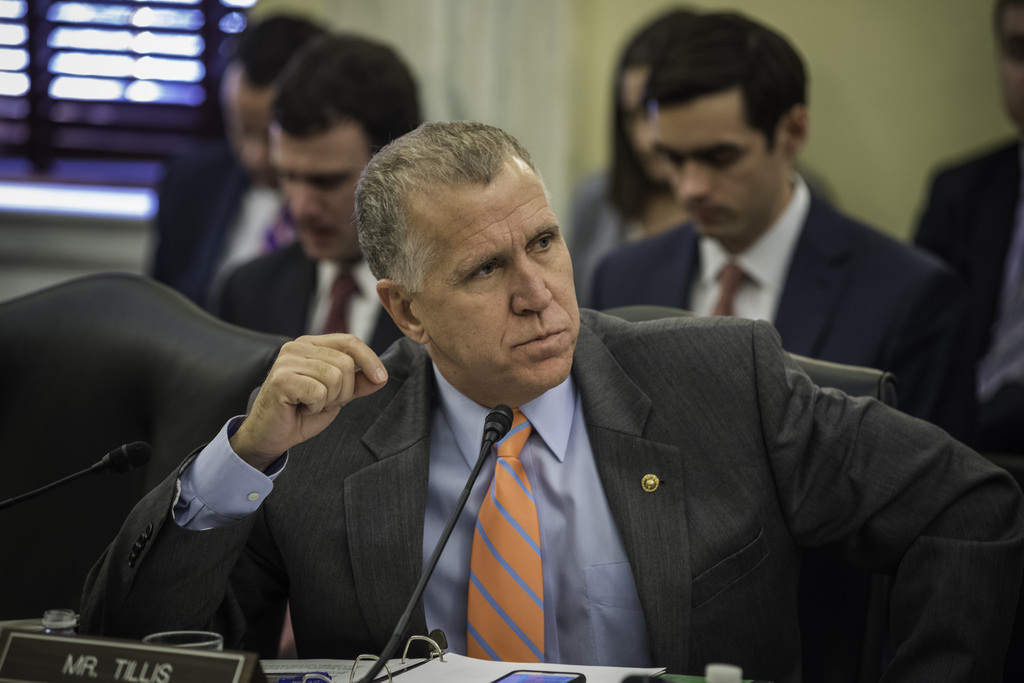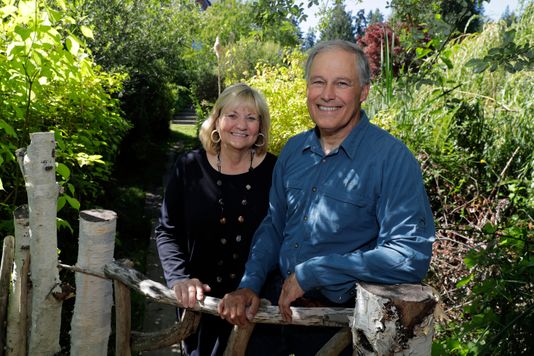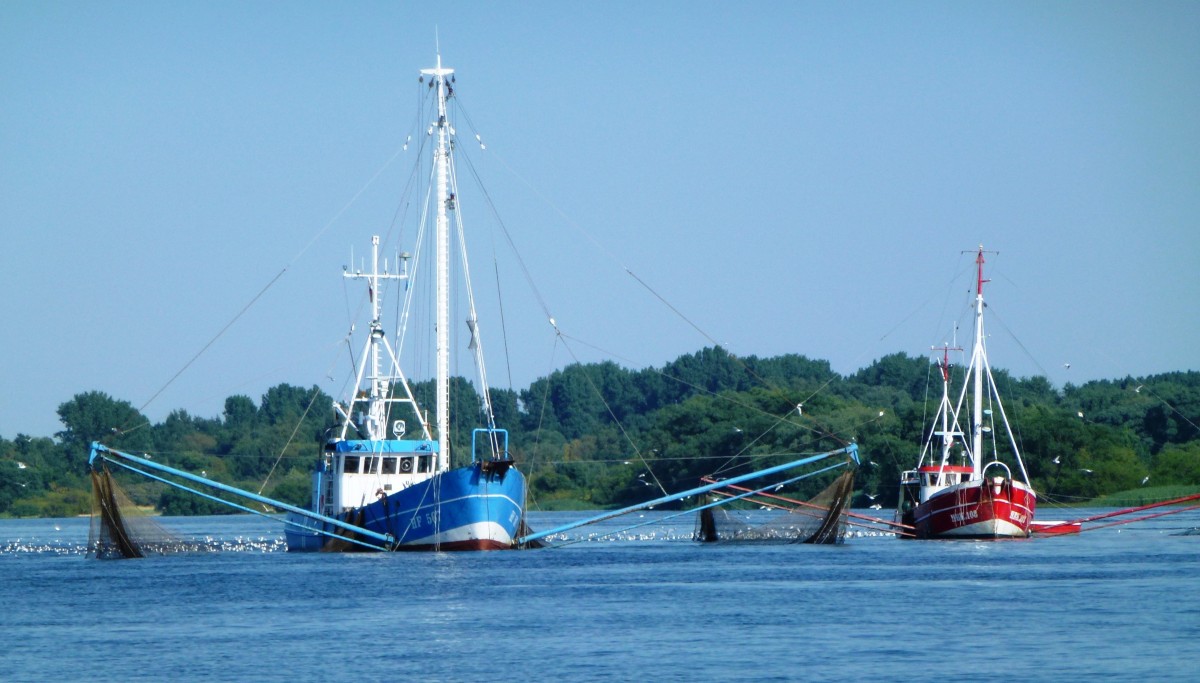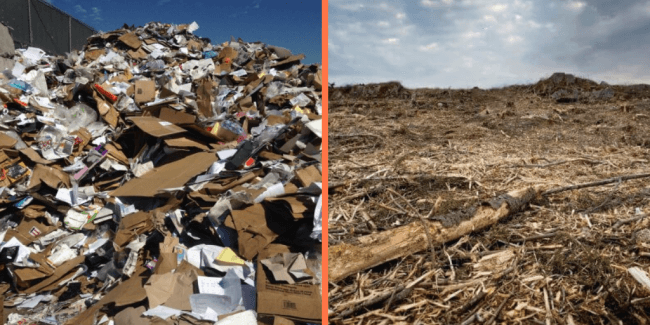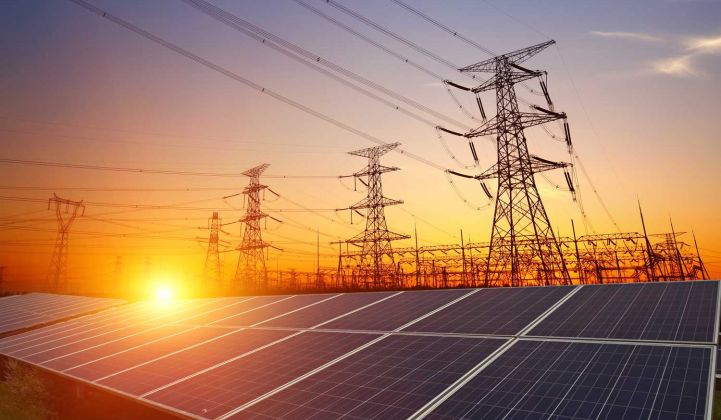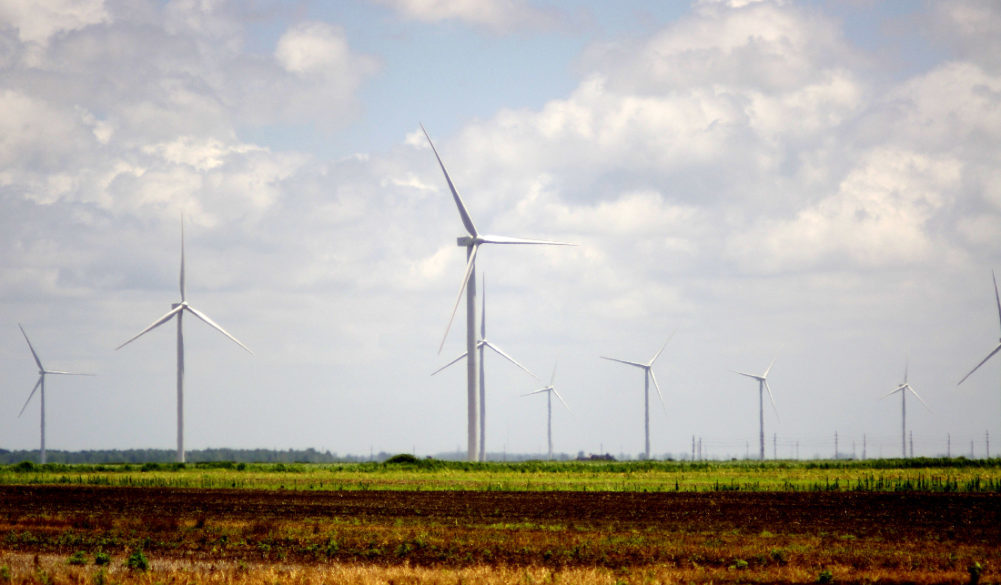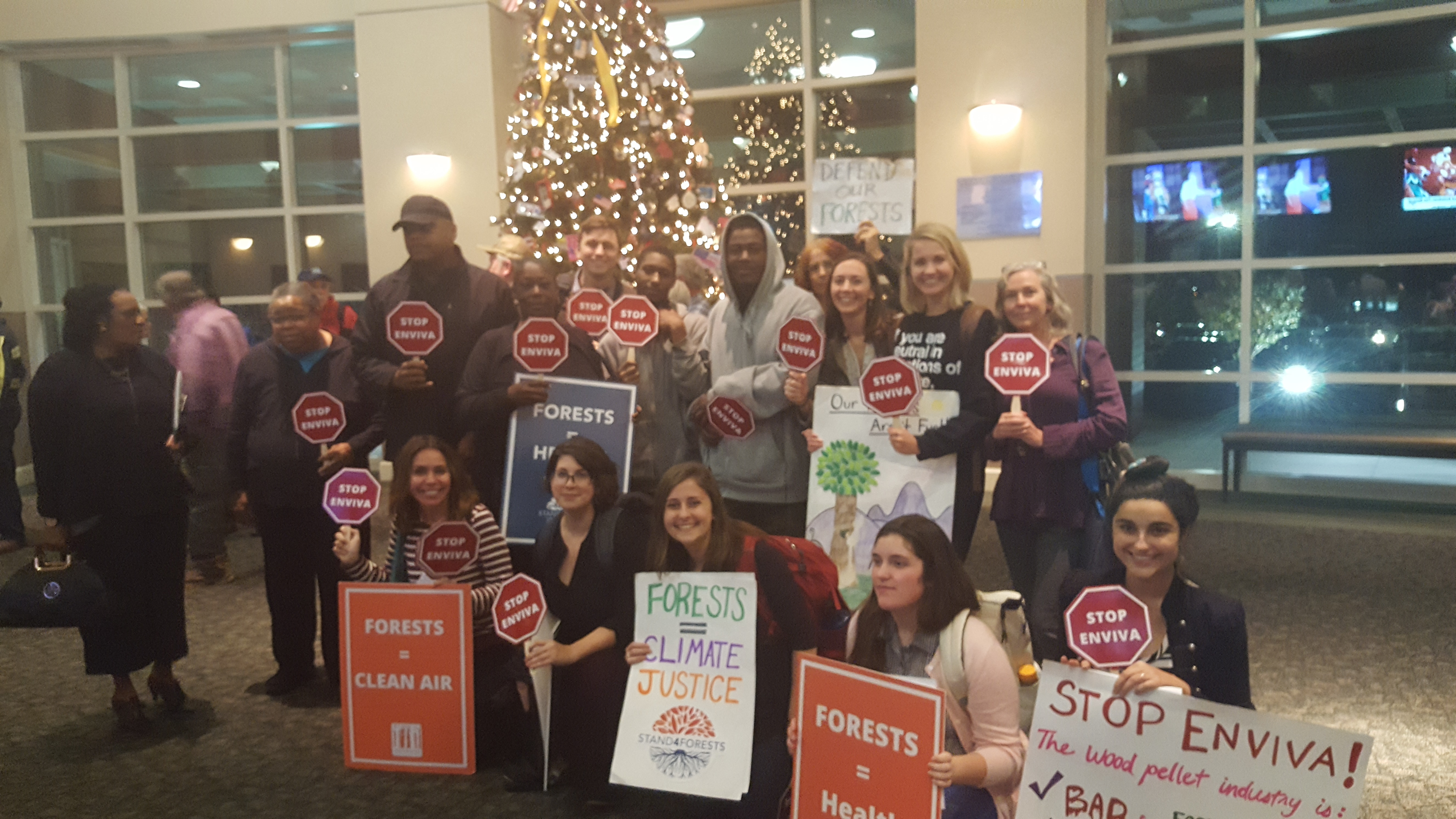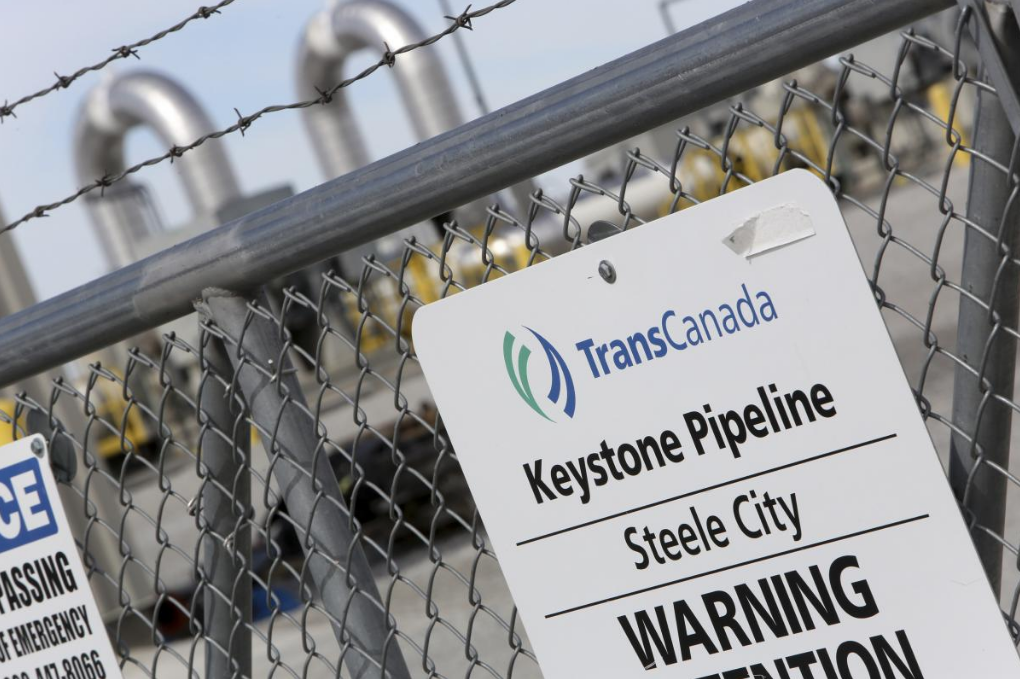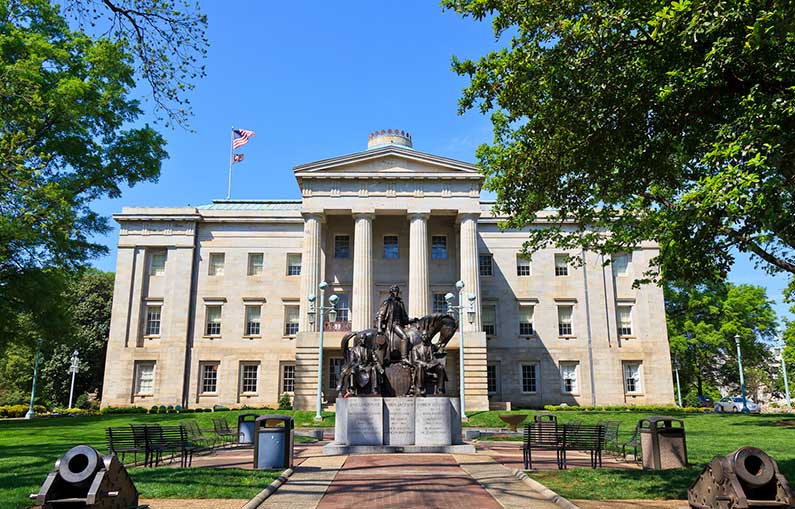The past few years have seen an increase in extreme weather. Stronger storms, rising seas, floods and fires have hit our country literally from coast to coast. In NC’s coastal counties, families are still homeless, schools need $2 billion of repairs, and businesses are still recovering from a series of hurricanes. The stories of lives lost and torn apart, the emergency rescues, the loss of property, lasting health impacts–including mental health impacts–and the destruction of entire communities are heartbreaking. Most of us have friends or family who have been affected.
Scientists have made the connection between severe weather and the warming oceans and atmosphere. In fact, a recent survey by ecoAmerica showed that 80% of all Americans–Republicans and Democrats–believe that climate change is happening, and 76% want their city to do something about it. The only question that seems to split respondents is whether we can act quickly enough to turn things around—and most scientists believe that we can.
And because climate solutions also reduce air and water pollution, they benefit everyone right now, and those who suffer from asthma–or any respiratory illness–feel the benefits of reducing carbon emissions immediately. There are a number of things we can all do, in fact, ranging from advocating for policy changes to making individual changes.
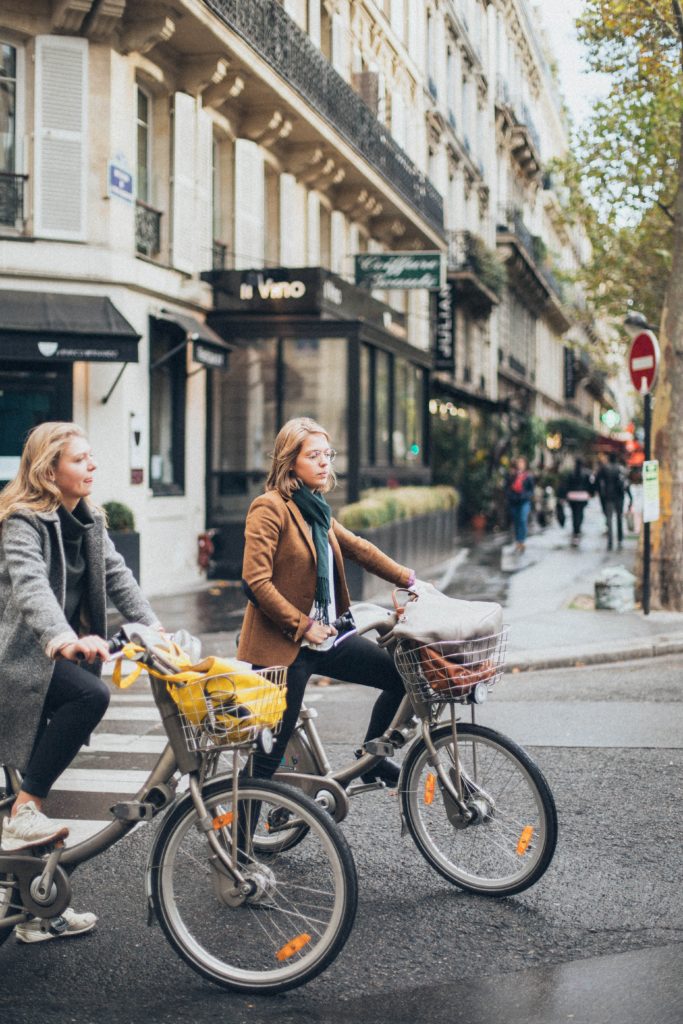 We know it is better for our health, and for air quality, to walk more and to bicycle more when going to the grocery store or to work. Transportation emissions account for 30% of the greenhouse gases emitted in NC. If we cannot walk, we can ride transit, carpool, or make the decision to buy an electric vehicle when we have to purchase a new car.
We know it is better for our health, and for air quality, to walk more and to bicycle more when going to the grocery store or to work. Transportation emissions account for 30% of the greenhouse gases emitted in NC. If we cannot walk, we can ride transit, carpool, or make the decision to buy an electric vehicle when we have to purchase a new car.
We can make our homes more energy efficient, buy energy efficient appliances and lights, replace gas furnaces with electric heat pumps (natural gas, a fossil fuel that is mostly methane, is 86 times worse than carbon), install solar panels on our roofs, and step up our recycling.
We should advocate with elected officials to make solar installation easier, build more public transit to take polluting cars off the road, purchase all-electric buses and police cars, provide more transportation alternatives like sidewalks and greenways, and change zoning laws to allow density of development around transit stops. And some zoning changes, like requiring less parking per unit, have benefits beyond climate–they reduce the cost of housing.
Charlotte has taken bold steps in the right direction. The City Council passed a resolution to take city operations to carbon neutral by 2030 in June 2018, and there are working groups of community stakeholders who will help guide the city as it follows its Action Plan. But change is often hard. The City almost filled a purchase order for new diesel powered buses, even after the clean energy resolution passed, because it takes awhile for policy to take hold. And in spite of the increased awareness of the dangers of greenhouse gases and extreme weather, Duke Energy plans to be using only 8% renewable sources by 2032.
So there is still much work ahead. But everyone can do something, and every tax payer has a voice. Speak up to push for more utility-scale wind and solar energy, change what you can in your habits and purchases, or join a local advocacy organization, and we can turn the tide on climate change and extreme weather disaster.
Jennifer Roberts is Director of Path to Positive Communities with ecoAmerica, Vice Chair of NC Climate Solutions Coalition and 58th Mayor of Charlotte, NC

